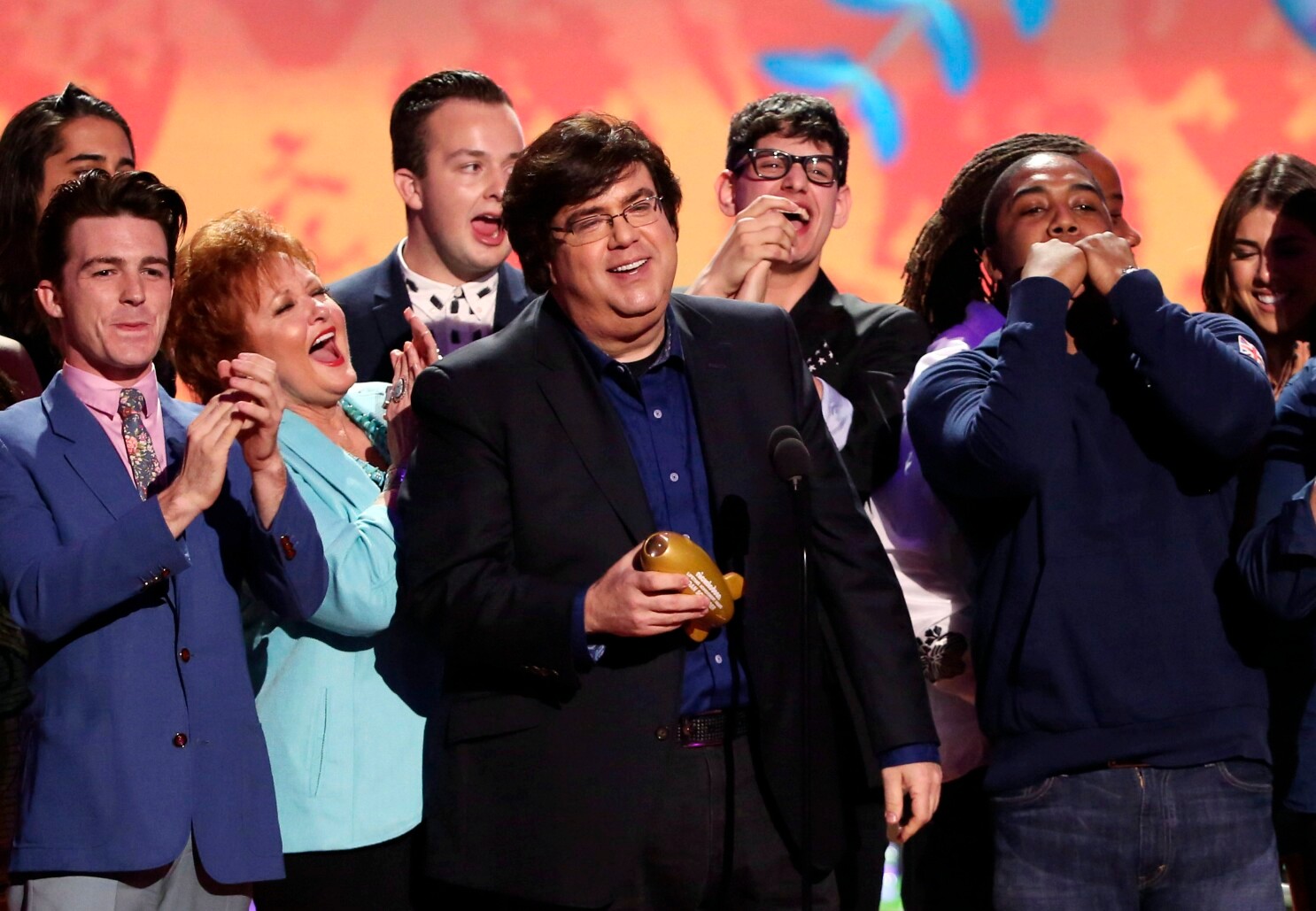
In a recent development, a Los Angeles County Superior Court judge has tentatively dismissed the defamation lawsuit filed by former Nickelodeon producer Dan Schneider against the makers of the documentary series "Quiet on Set: The Dark Side of Kids TV."
Schneider, once a prominent figure in children's television, had sought $20 million in damages from the Investigation Discovery docuseries producers. He claimed the show portrayed him in a false light and damaged his reputation.
The four-part series, which aired in March, shed light on alleged misconduct and inappropriate behavior on the sets of popular Nickelodeon shows. It featured interviews with former child actors and crew members who shared their experiences working under Schneider's leadership.
Judge Upinder S. Kalra issued a tentative ruling on Monday, citing California's anti-SLAPP statute. This law is designed to protect free speech by allowing for early dismissal of lawsuits that target public participation. The judge found that Schneider's lawsuit did not demonstrate a probability of prevailing on its merits.
The ruling emphasized that the documentary's content was protected speech on matters of public interest. It also noted that Schneider, as a public figure, would need to prove actual malice to succeed in his defamation claim – a high bar he had not met in the court's view.
Schneider's legal team expressed disappointment with the tentative decision but indicated they would continue to fight the case. They maintain that the documentary presented a skewed narrative and failed to include positive testimonials from other individuals who had worked with Schneider.
The producers of "Quiet on Set" welcomed the judge's tentative ruling, stating it affirmed their right to report on matters of public concern. They reiterated their commitment to giving a voice to those who felt silenced in the entertainment industry.
This case has reignited discussions about workplace culture in children's television and the responsibility of networks and producers to ensure safe environments for young actors. It also highlights the ongoing tension between public figures' reputational concerns and the media's role in investigating and reporting on alleged misconduct.
A final ruling is expected in the coming weeks, potentially closing this chapter in the ongoing controversy surrounding Schneider's legacy in children's television.